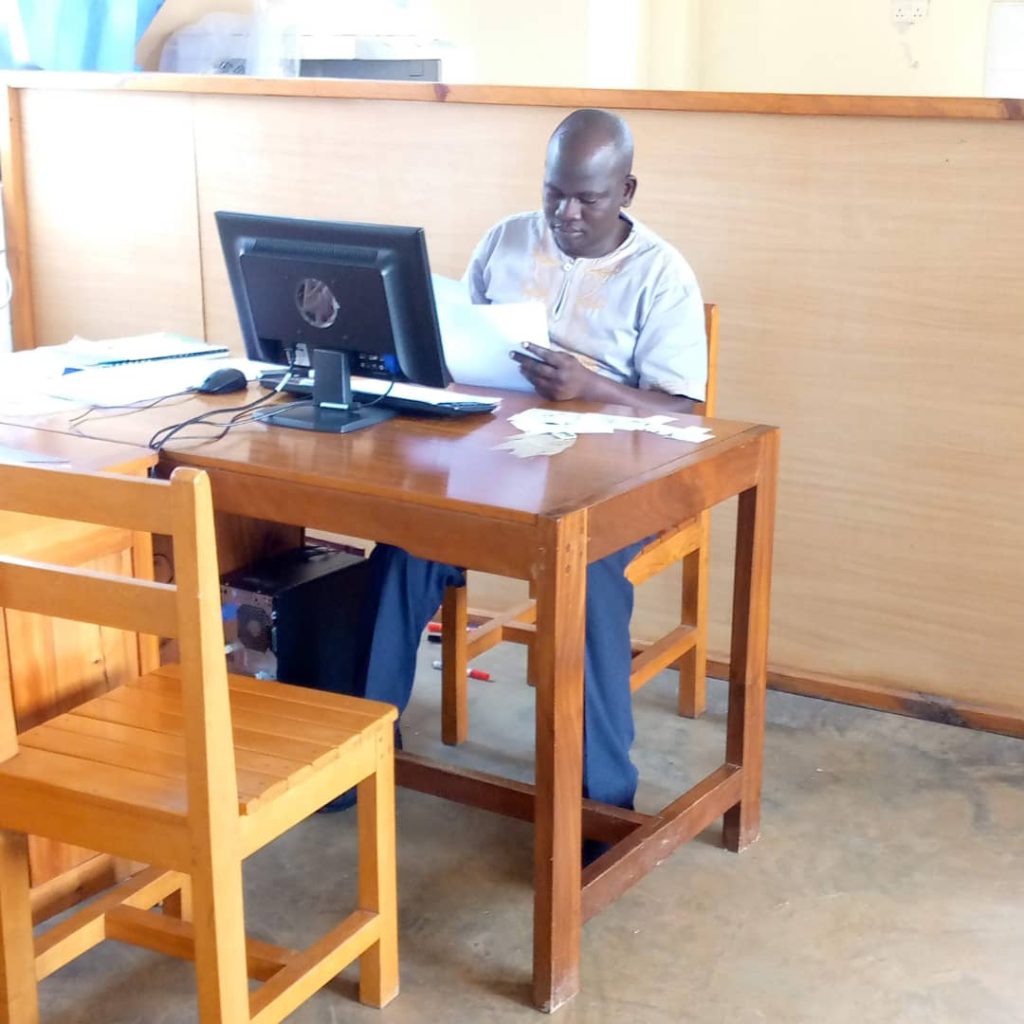By Eriah Lule
Bonny Okoda, a 36-year-old alumnus of Uganda Christian University (UCU) Mbale College and a sign language teaching assistant at Uganda Martyrs University, lost his hearing when he was 15 years old in 2002 due to a quinine overdose.
A tragic experience for someone who used to be able to hear but is now deaf. “This didn’t go well for me and my family; they tried to take me to different hospitals but couldn’t help,” he explained. “I was forced to get a hearing aid and learn sign language.”
According to the World Health Organisation (WHO) report of 2009, there were 8 million cases of severe malaria and 781,000 deaths due to the disease. 90% of these incidents occurred in Africa, where malaria is the leading cause of death in children.
Quinine was a drug of choice for treating severe malaria for years, but it was difficult to administer. It had life threatening
“It requires a lot of calculation,” said Veronique De Clerk, medical coordinator for the international NGO Médecins Sans Frontières in the northern Ugandan district of Kaabong. “You need to dilute it into infusions, and those infusions need to run through an IV [intravenous line] for four hours [every eight hours], and you need to monitor that, so it requires well-qualified personnel.”
In rural Africa, where health workers are in short supply, it is common for patients to receive too much or too little quinine, with results that could be deadly, said De Clerk. “Recently, some studies from Uganda showed one in four administrations of quinine weren’t correct.”side effects.
Okoda stayed out of school for one year as his parents tried to treat him; he later resumed his studies and completed his secondary level in 2007. In 2008, the Lord called his father.
Since Okoda wasn’t born deaf, he could speak fluently but couldn’t hear a thing. This was the basis of his bullying in school, even after school.

He faced a number of challenges, including abuse from friends, isolation, missed group discussions, lost friends, some teachers who never cared, “I depended more on my own reading to understand what was taught,” he said.
The community, too, did not spare him, associating my deafness with witchcraft: “I lost my hearing later in life so I could speak, but when some people hear me, they say I’m not deaf, just pretending.” He added.
However, this became his turning point; he learned sign language for two weeks and started teaching other people, which made him confident to face any challenge that came.
At university, Okoda pursued a bachelor’s degree in business administration from 2014–2017. With an interpreter who charged him UGX 400,000/= per a month, he couldn’t afford to be with him all the time. He resorted to having him during classroom time.
By God’s grace, he got a sponsor from the USA who funded his higher education at the university.
Background
The father of two boys has been married to Jane Stella Okoda, an alumna, for the past eight years while living in Lira District.
Okoda was born to the late Francis Ebong and Selina Adong of Alebtong District, Northern Uganda. Okoda is the firstborn of the seven children of the couple, but he is not the only disabled child in the family.
His sibling suffered from sleeping sickness and lost his hearing as well.
Okoda has worked for various organizations in the country’s Northern Region on community empowerment and engagement for people with disabilities.
He has also served as the chairman of the Lira Deaf Association from 2007 to 2010.


